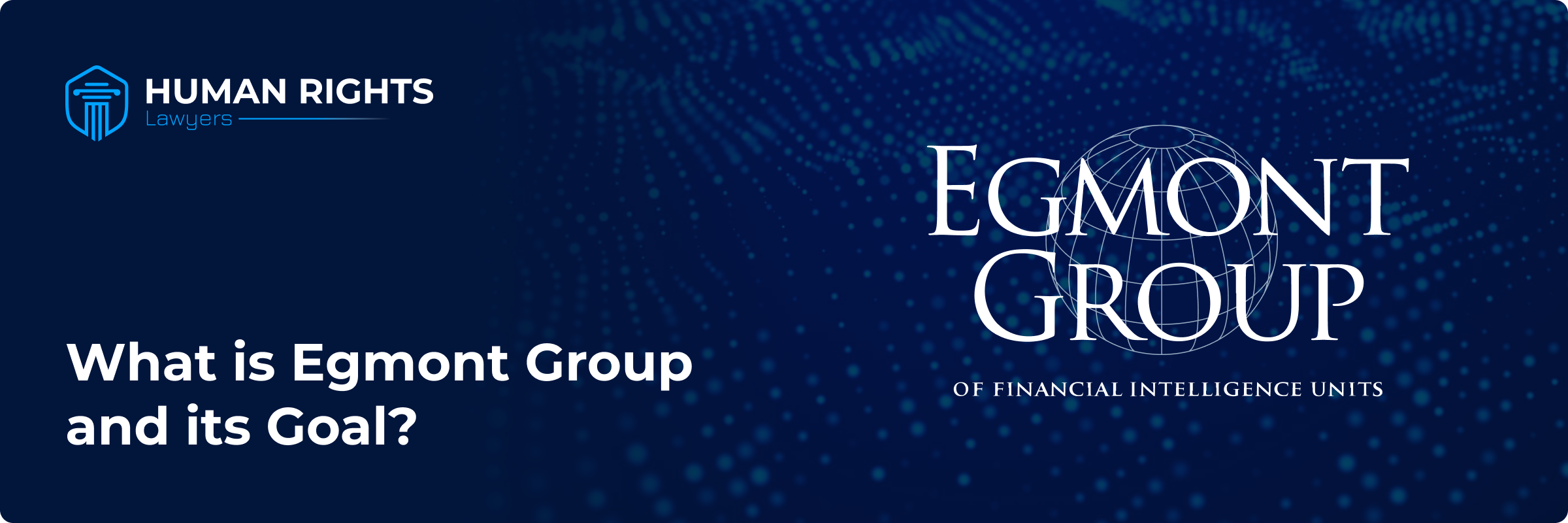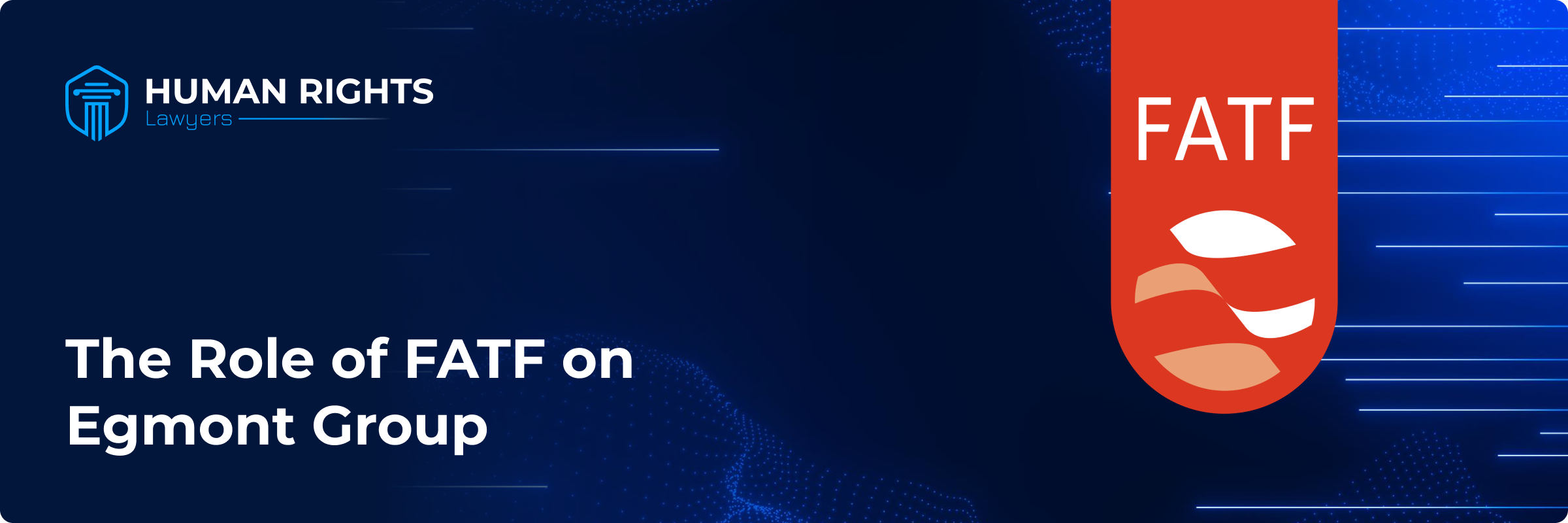Egmont Group Lawyers
We specialize in providing legal support related to the Egmont Group, an international network of financial intelligence units (FIUs) dedicated to combating money laundering and terrorist financing. Our experienced lawyers offer guidance on compliance with Egmont Group standards and assist clients in navigating legal challenges related to financial transactions.
The Egmont Group is a network of law firms operating in multiple jurisdictions around the world. With its origins in Denmark, the organization has grown to include members in over 70 countries. Egmont Group lawyers specialize in a range of legal fields, including corporate and commercial law, intellectual property, litigation, and employment law. Lawyers within the network share a commitment to providing high-quality legal services and staying current with the latest trends and developments in their respective areas of practice.
What is Egmont Group and its Goal?
The primary objective of the Egmont Group is to establish a platform for member Financial Intelligence Units (FIUs) to enhance their assistance to their respective governments in combating money laundering, terrorist financing, and other financial crimes. The Egmont Group aids its FIU members by facilitating the exchange of financial intelligence and information, enhancing the skills and capabilities of personnel, and enabling secure communication among them. Additionally, the Egmont Group supports various international stakeholders in anti-money laundering and counter-terrorism financing efforts, including the United Nations Security Council, the Financial Action Task Force, and the G20 Finance Ministers.
As a founding member of the Egmont Group, FinCEN remains an active participant, championing effective information sharing and collaboration in the realm of anti-money laundering and counter-terrorism financing. FinCEN holds leadership positions within the organization and has been instrumental in spearheading Egmont Group initiatives on various fronts, such as combating the misuse of virtual assets for financial crime, countering terrorist financing, addressing illicit finance linked to human trafficking, promoting anti-corruption endeavors, facilitating cross-border and enterprise-wide sharing of suspicious transaction information within the financial sector, compiling best practices related to FIU security, and contributing to Egmont Group governance.
The Egmont Group’s origins date back to 1995 when it began as a modest assembly of national agencies, initially referred to as “financial disclosure units,” seeking avenues for cooperation. To attain Egmont Group membership, an FIU must be a centralized entity within a nation or jurisdiction responsible for detecting suspected criminal financial activities and sharing financial intelligence and information with national and international government bodies to enforce laws against terrorist financing, money laundering, and other financial crimes. Since its inception, the Egmont Group has expanded significantly, growing from a small group to encompass more than 160 FIUs.
The Egmont Group has a structured framework designed to address the anti-money laundering and counter-terrorism financing challenges faced by its diverse and numerous members. This structure comprises several key components:
1. Heads of FIU: Comprising directors from all member FIUs, this group establishes the Egmont Group’s goals and objectives and plays a pivotal role in decision-making.
2. Egmont Committee: This committee serves as a consultative and coordination body, overseeing the implementation of the Heads of FIU’s mandates. It includes the Egmont Group Chair, two Egmont Group Vice Chairs, Chairs of Egmont Working Groups, Regional Representatives, and the Executive Secretary of the Secretariat.
3. Regional Groups: The Egmont Group has eight Regional Groups that enable FIUs to collaborate on regional matters and maintain communication with the Egmont Group.
4. Working Groups: There are four Egmont Working Groups focused on Information Exchange, Membership, Support, and Compliance, Policy and Procedures, and Technical Assistance and Training.
5. Egmont Centre of FIU Excellence & Leadership (ECOFEL): Established in 2018, ECOFEL provides specialized training, mentoring, coaching, and support to FIUs and is funded by entities like the U.S. Department of State/Bureau of International Narcotics and Law Enforcement Affairs.
6. Egmont Secretariat: Based in Canada, the Egmont Secretariat offers strategic, technical, and administrative support to the Egmont Group.
The Egmont Group conducts regular meetings, including annual plenary sessions for Heads of FIU, member FIUs, and observer organizations, to facilitate collaboration and address pertinent issues within the field of anti-money laundering and counter-terrorism financing.
The Role of FATF on Egmont Group
The FATF’s efforts to strengthen global cooperation in the prevention of money laundering and terrorist financing played a crucial role in the creation of the Egmont Group. In particular, the 40 FATF Recommendations provide a comprehensive framework for combating these illicit activities, serving as a fundamental resource that has significantly influenced the goals and initiatives of the Egmont Group.
The Egmont Group serves as a platform for financial intelligence units (FIUs) to share critical information and intelligence, promote best practices and enhance mutual support in their collective fight against financial crime. To facilitate the secure exchange of information between member countries, the group has established a dedicated secure communications network.
In addition to its cooperation with the Egmont Group, the FATF plays an important role in setting global standards and guidelines for combating money laundering and terrorist financing. The FATF continuously evaluates and updates its recommendations to ensure that they remain relevant and effective in addressing new threats and challenges.
Overall, the FATF’s contribution to international cooperation and standard-setting in the field of anti-money laundering and countering the financing of terrorism has played an indispensable role in the formation and achievements of the Egmont Group. These organizations in tandem are making significant progress in the global fight against financial crime.
If you have issues with financial crimes we FATF lawyers ready to help you.
Financial Intelligence Units: types of financial crimes
| Type of Financial Crime | Description |
|---|---|
| Money Laundering | The process of disguising the proceeds of illegal activities as legitimate funds by moving them through a series of transactions and accounts, often involving multiple jurisdictions and financial institutions. |
| Terrorism Financing | Providing financial support or resources to individuals or organizations engaged in terrorist activities, including fundraising, money transfers, and other transactions. |
| Fraud | Intentional deception or misrepresentation of information for financial or personal gain, such as identity theft, embezzlement, and pyramid schemes. |
| Bribery and Corruption | The use of money, gifts, or other incentives to influence the behavior or decision-making of persons in positions of authority, including public officials, company executives, and law enforcement officials. |
| Tax Evasion | Intentional non-payment or incomplete payment of taxes due, often associated with the use of offshore accounts or other illegal financial activities. |
| Cybercrime | Criminal activity that uses computers or the Internet to commit fraud, theft, or other financial crimes, including hacking, phishing, and ransomware attacks. |
| Smuggling | Illegal transportation of goods is often associated with tax and duty evasion, such as smuggling of drugs, weapons, or counterfeit goods. |
| Human Trafficking | The recruitment, transportation, and exploitation of people for forced labor or commercial sex often involves the use of financial transactions and remittances. |
Note: This is not an exhaustive list, and the types of financial crimes handled by FIUs may vary depending on the jurisdiction and legal framework.
Lawyers Services
- Legal Counsel for Financial Crime: Financial intelligence lawyers provide guidance on various financial crime matters, including money laundering, terrorism financing, fraud, bribery, and corruption. They assist clients in navigating complex legal and regulatory landscapes, ensuring adherence to the law.
- Compliance and Risk Management: Financial intelligence lawyers help clients establish and implement effective compliance and risk management systems to mitigate financial crime risks. They analyze financial transactions, identify potential threats, and offer advice on regulatory compliance and best practices.
- Due Diligence and Background Checks: To uncover potential financial crime risks, financial intelligence lawyers conduct due diligence and background investigations on individuals and businesses. They scrutinize financial records, conduct interviews, and gather relevant information to aid clients in making informed decisions.
- Litigation and Dispute Resolution: Financial intelligence lawyers represent clients in litigation related to financial crimes such as fraud and money laundering. They advocate for their clients’ interests in court and seek resolutions in disputes.
- Training and Education: Financial intelligence lawyers provide clients with training and educational resources on financial crime prevention, compliance, and risk management. They organize conferences, seminars, and training programs to keep clients updated on the latest legal and regulatory developments.
- Government and Regulatory Engagement: Financial intelligence lawyers collaborate with government and regulatory authorities to shape financial crime prevention policies and laws. They offer advice on legal and regulatory matters and advocate for their clients’ interests.
- International Cooperation: Financial intelligence lawyers guide clients through the intricate legal and regulatory frameworks associated with international financial crime prevention collaboration. They engage with international governments, law enforcement agencies, and stakeholders to enhance cooperation and coordination in combating financial crimes on a global scale.

Egmont Group Lawyers FAQ
- Money Laundering Reporting Authority (MLRA)
- Office of National Drug and Money Laundering Control Policy (ONDCP)
- Financial Information Unit Argentina (UIF)
- Financial Intelligence Unit of Aruba (FIU-Aruba)
- Financial Intelligence Unit Bahamas (FIU-Bahamas)



